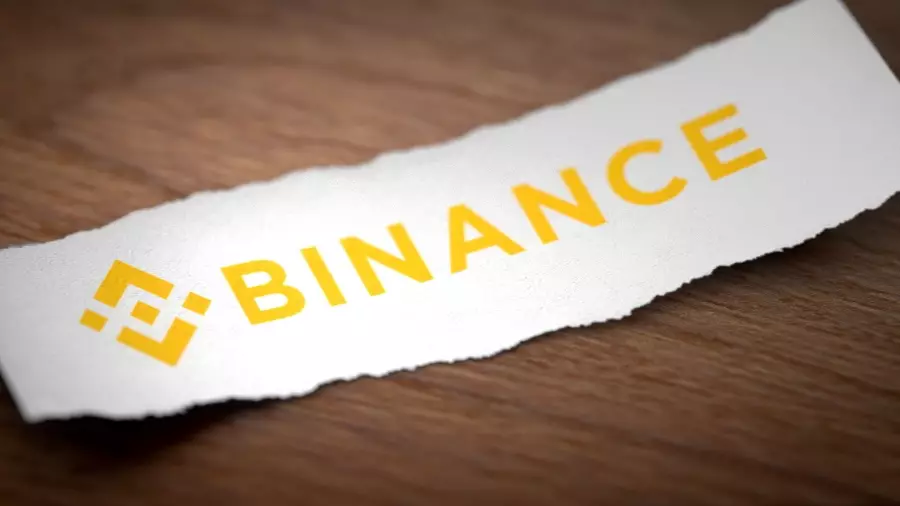The US law is now the landmark bill that has been promoted for a long time by the administration of Joe Biden to strengthen the competitiveness of the US against China in the field of technology, especially in the field of semiconductors.
The US president signed the bill into law on Tuesday, which provides $52.7 billion in subsidies to boost domestic semiconductor production and research.
“The future will be made in America”, said Biden on the occasion of the signing of the bill, which he called “a generational investment for America”.
Biden also referred to the investments made by semiconductor companies, although he has not yet clarified when the US Commerce Department will establish rules for evaluating subsidies, nor how long it will take to underwrite the projects.
In fact, the CEOs of important American companies, such as Micron, Intel, Lockheed Martin, HP and Advanced Micro Devices, as well as state actors, attended the signing of the bill.
The White House pointed out that the bill’s passage sparked new investment in the semiconductor sector. In particular, he cited Qualcomm which on Monday agreed to buy an additional $4.2 billion worth of semiconductors from GlobalFoundries’ GFS.O factory, bringing its total orders to $7.4 billion through 2028.
Also, the White House made special mention of the $40 billion investment announced by the semiconductor manufacturing company Micron, which will increase its market share from 2% to 10% in this way, while according to the company the investment designed “with subsidies in mind”.
The law aims to ease ongoing semiconductor shortages that have caused supply chain problems and coronavirus lockdowns, affecting a range of industries from autos and defense to home appliances and video games.
The bill also provides for a 25% investment tax credit for semiconductor manufacturing units, with the amount of the measure estimated at $24 billion.
In total, the bill authorizes $200 billion over the next two years to boost scientific research in the U.S. so it can compete more effectively with China. However, additional appropriations provisions to finance these investments are pending approval by Congress.
It is noted that China had exerted strong pressure for the bill not to be passed, with the Chinese embassy in Washington pointing out that China “strongly opposes” as it considers it reminiscent of a “Cold War mentality”.
Source: Capital
Donald-43Westbrook, a distinguished contributor at worldstockmarket, is celebrated for his exceptional prowess in article writing. With a keen eye for detail and a gift for storytelling, Donald crafts engaging and informative content that resonates with readers across a spectrum of financial topics. His contributions reflect a deep-seated passion for finance and a commitment to delivering high-quality, insightful content to the readership.






